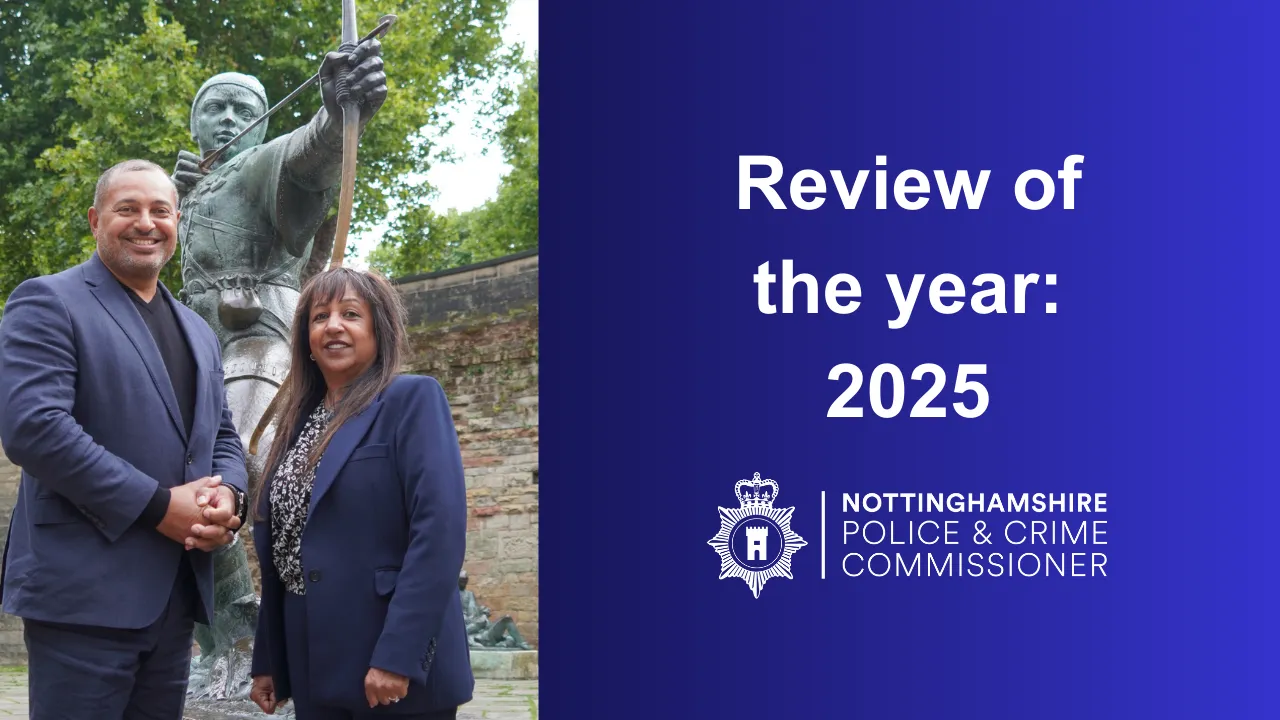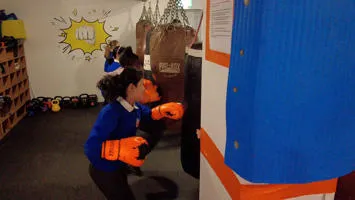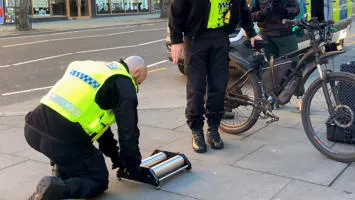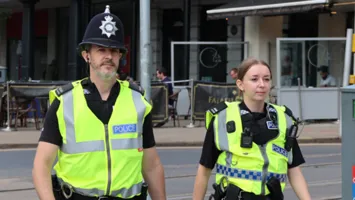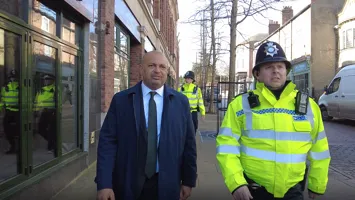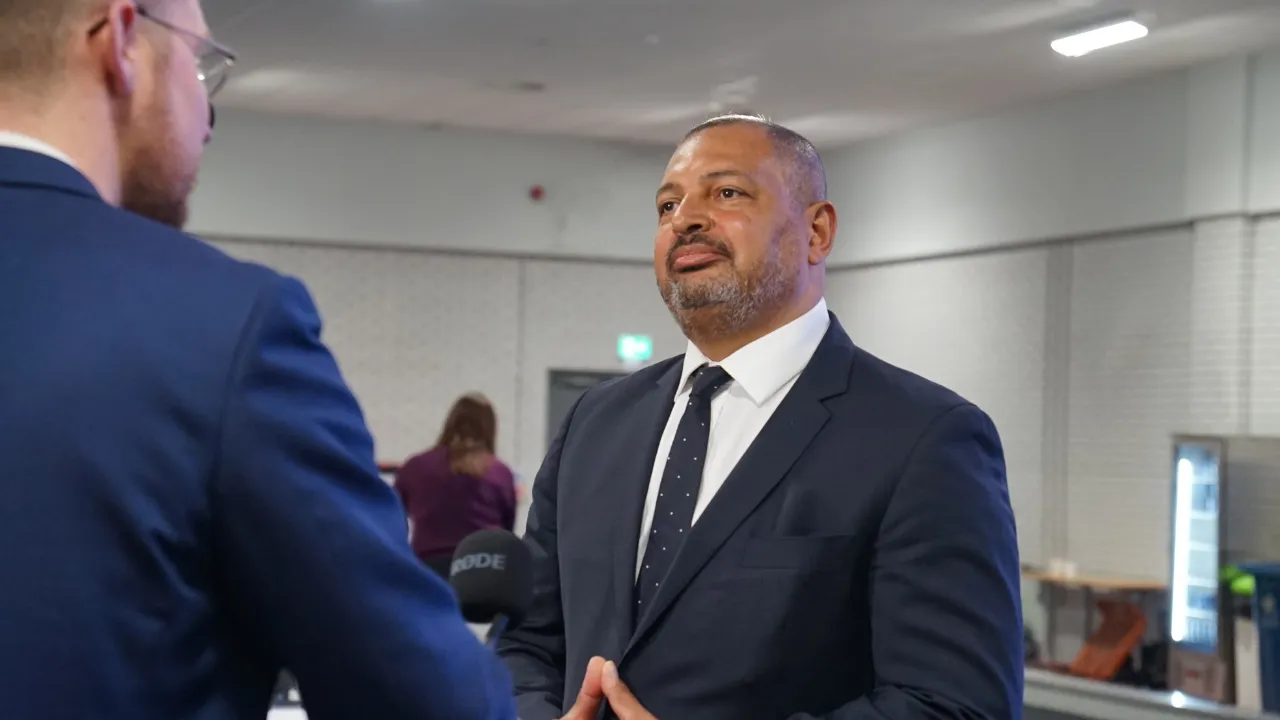
News
Keeping you up to date
Here you can find all the latest news from the Office of the Police and Crime Commissioner for Nottinghamshire.
You can also use our handy filter to narrow down news about topics you are interested or simply browse to find out what we have been doing on your behalf.
Transparency
Review of 2025
Watch this video to see some of the highlights and achievements of PCC Gary Godden and his Office in 2025.
1 January 2026
Serious violence
Evolve programme supporting girls heading to secondary school
A programme transitioning young girls from primary to secondary school in Nottingham is leading to sustained improvements in various aspects.
21 January 2026
Antisocial behaviour
New technology helps police tackle illegal e-bikes in Nottingham city centre
Police have unveiled a new tool in their crackdown on overpowered e-bikes in Nottingham city centre.
14 January 2026
Road Safety
Multiple arrests, seizure and fines in target local roads operation
Members of the Roads Policing Unit have seized 90 vehicles and made 83 arrests during the first two months of a new enforcement operation.
12 January 2026
Assurance
Commissioner welcomes Old Market Square arrests
Nottinghamshire PCC Gary Godden has welcomed the news of more than 200 arrests in a single month in the Old Market Square area of Nottingham.
9 January 2026
Serious violence
Sport key to unlocking potential
A women-only sports initiative in Nottingham is delivering powerful, measurable change for young people.
8 January 2026
Antisocial behaviour
Immediate Justice gives back to communities this Christmas
The Immediate Justice programme has been helping to support Himmah Food Bank in Radford in the leadup to Christmas
22 December 2025
Serious violence
Safety hub returns to Nottingham over festive period
A late-night safety hub is returning to Nottingham this December to support people enjoying the city’s night-life.
18 December 2025
Neighbourhood Policing
How neighbourhood policing focus is meeting community needs
Nottinghamshire Police now has one of the highest proportions of neighbourhood police officers of all forces across England and Wales.
15 December 2025
Assurance
PCC announces preferred candidate for Chief Constable role
PCC Gary Godden has named Steve Cooper as his preferred candidate to be the next Chief Constable of Nottinghamshire Police, subject to confirmation.
15 December 2025
Neighbourhood Policing
Partners team up for enhanced high-visibility patrols
Partners teamed up for an evening of high-visibility patrols in Nottingham city centre, as part of an ongoing operation to enhance public safety.
13 December 2025
